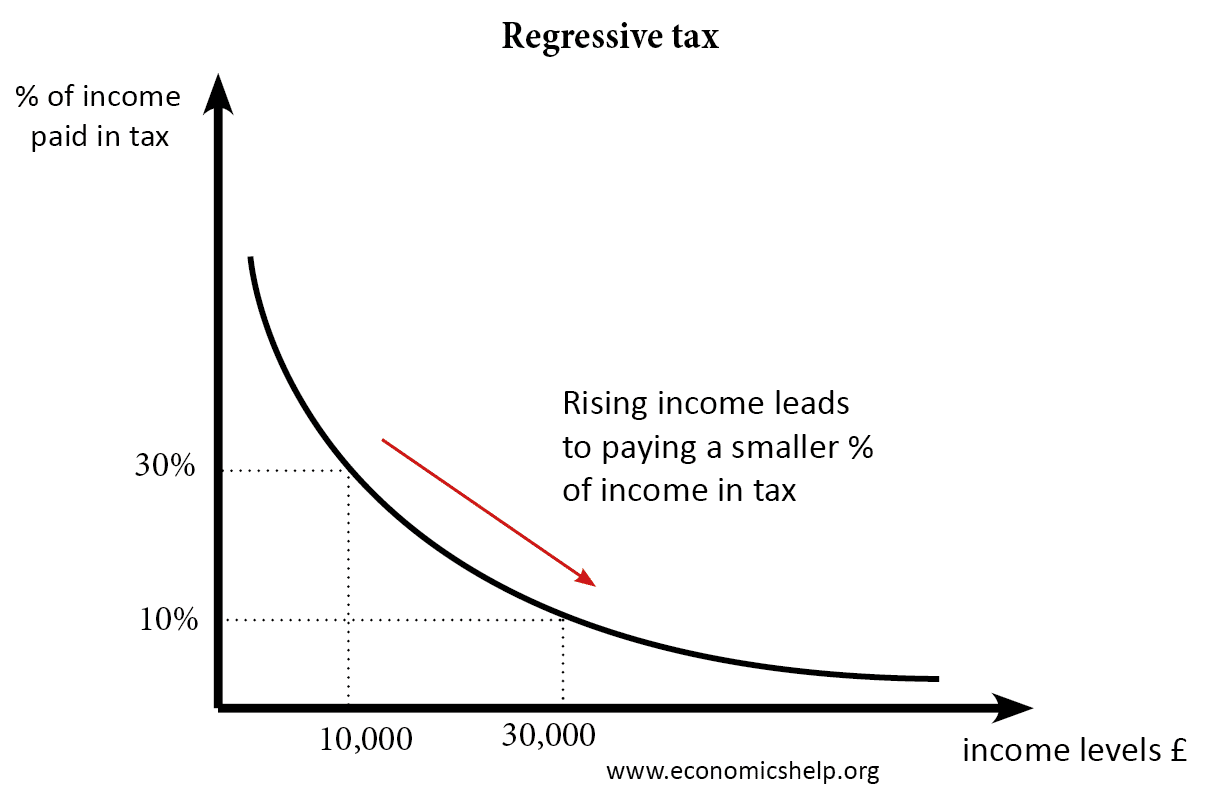On November 4, Mecklenburg County voters will be voting on “potentially the biggest local public works program in state history.” This tax referendum would increase sales tax by one percentage point, or by one cent for every dollar spent on goods purchased in Mecklenburg County. The funds from this tax would be allocated to the expansion and upkeep of roads, rails, and buses aimed at increasing economic activity and alleviating traffic across the county. The current sales tax rate sits at 7.25%, and following this increase, could rise to 8.25% if voters approve the measure.
For reference, Mecklenburg County’s 7.25% sales tax is made up of three components:
4.75% North Carolina Sales Tax
2% Mecklenburg County Sales Tax
0.5% Mecklenburg County Transportation Tax
* Items such as single-ingredient foods (fresh fruits, bread, milk, meat) are exempt from the state rate, and only subject to the 2% Mecklenburg County sales tax. (§ 105‑164.13B)
While the referendum outlines how the tax would be collected and spent, critics, including advocacy groups such as ActionNC, argue that the referendum raises three major concerns: the regressive nature of the tax, a lack of public trust in transit leadership, and uncertainty over how residents will be represented in decision-making. say the proposal raises broader issues that go beyond percentages and projections. Their criticisms fall into three major categories: the regressive nature of the tax, a lack of public trust, and uncertainty regarding representation in oversight.
A Regressive Tax Structure
A common argument among those opposing the referendum centers on the regressive nature of sales taxes. Sales taxes disproportionately impact low-income communities, since poorer households spend a larger portion of their income on the sales tax. This is why certain necessities such as food are exempt from state sales tax— “to make such taxes less regressive”.
Some critics note that marginalized communities, who often rely on public transportation the most, would bear the heavier burden while large businesses and higher-income residents benefit from improved infrastructure without contributing proportionally to its cost.
ActionNC calculated the annual burden to be $858 per household, while the Charlotte Area Transit System (CATS) reports a $240 annual increase in spending associated with the tax.
Eroded Public Trust
Perhaps the most significant obstacle facing the referendum is the deficit of trust. Promises of improved shelter for buses, extension of the Silver Line, and creation of the Red Line, have fallen short in the past. An October 6th article from ActionNC captures the frustration: “A quarter century. Five mayors. Multiple plans. Billions in spending. And still, no Red Line. And where did that money go? Buses in North Meck have been cut. Bus shelters throughout the city are largely non-existent or worn down”.
Mark Tofano, a Matthews Town Commissioner, said, “Now, we’ll never get the [silver line] rail. Anyone who thinks we’ll get the rail is delusional, it’s not ever going to happen” in response to the lack of Silver Line development, despite millions of dollars in planning.
Questions of Representation
Concerns have also been raised about who will oversee the allocation of these funds and whether the committee will reflect the diversity of residents most affected.
Larry Shaheen, an attorney with the Charlotte Alliance Foundation who was involved in shaping the ballot language, states that daily transit riders would be able to qualify to participate in oversight committees, while City Councilman Ed Driggs suggests they would “not necessarily qualify.” While it’s true that riding the transit does not confer expertise in the CATS planning and expansion, to opponents, this contradiction raises more doubt into the validity and organization of this project.
The Decision Ahead
This referendum provides a rare opportunity to invest in Mecklenburg County’s future, despite legitimate criticism over trust and representation. A connected, more efficient transit network could expand access to jobs, reduce I-77 traffic, and connect students into Charlotte. Economic growth and sustainability depend on an efficient transportation system, and this referendum could make that possible.
Ultimately, as Davidson students, it’s important to approach this vote carefully. Look beyond the slogans and weigh the costs and benefits to decide whether this investment represents meaningful progress or disappointment.





